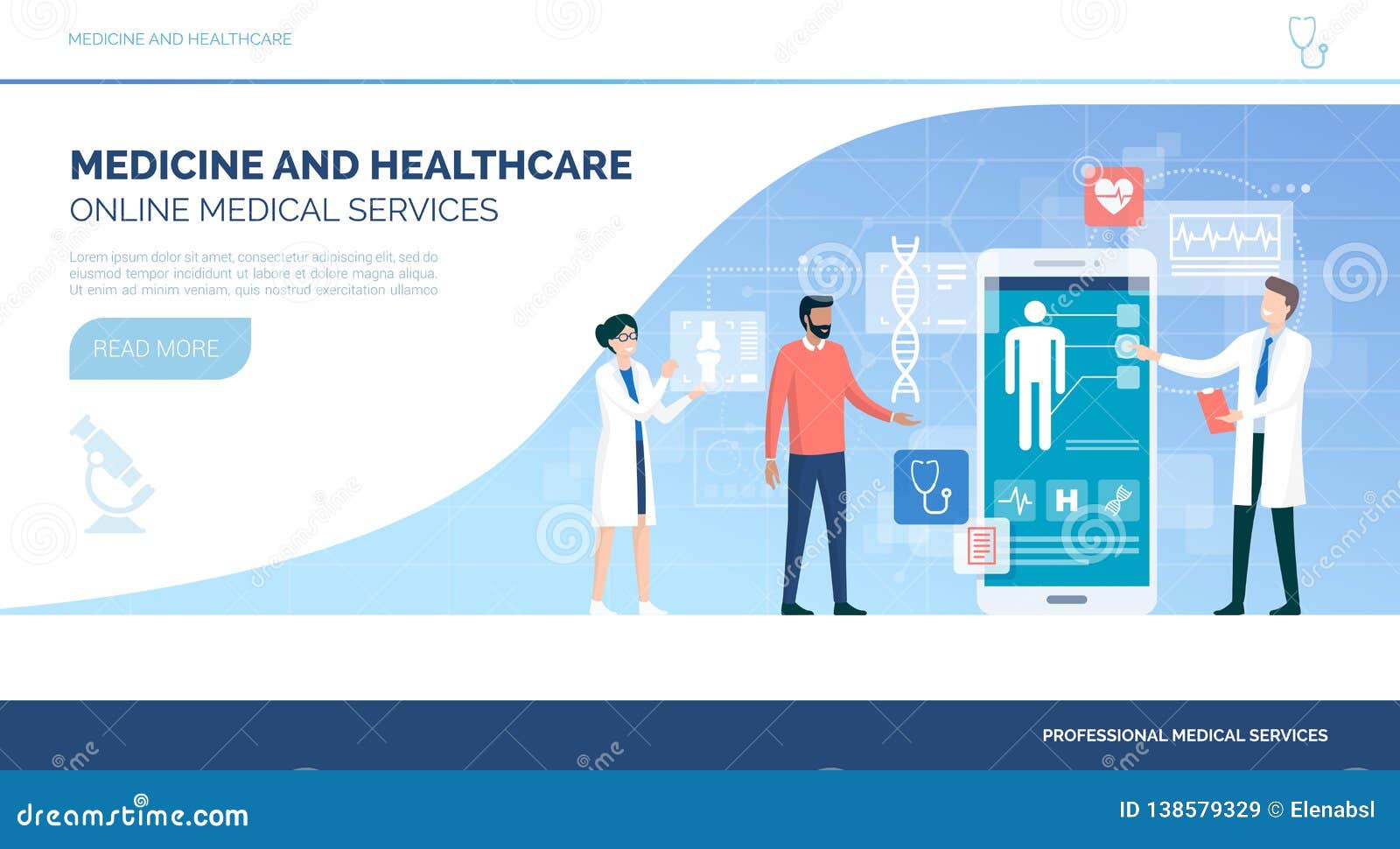Navigating the Future of Medicine With Subscription-Based Healthcare Services
As the healthcare sector progresses, subscription-based solutions emerge as a crucial model assuring to reshape individual treatment shipment. The solutions to these questions might basically alter our technique to healthcare.
Rise of Membership Health Care
As healthcare systems all over the world face boosting pressures from increasing prices and demand for services, the arrival of subscription-based healthcare designs has actually become a transformative trend. This ingenious strategy is disrupting conventional medical care delivery by offering a predictable, flat-rate repayment framework for clinical solutions. Rooted in the principles of concierge medicine, subscription-based health care enables providers to focus on individualized person treatment while simultaneously managing operational effectiveness.
The increase of this design can be credited to numerous variables. Technical advancements have enabled more seamless integration of care through telehealth and electronic health and wellness documents, assisting in the scalability of registration solutions. Moreover, the boosting customer demand for transparency and predictability in healthcare expenses has driven the change in the direction of this version. Subscription-based solutions commonly use direct access to healthcare specialists, which can lower the administrative concerns associated with insurance claims and compensations (subscription based healthcare).
This model is obtaining traction amongst diverse doctor, from health care medical professionals to specialized centers, by straightening monetary incentives with preventative and continuous treatment. By shifting the emphasis from quantity to value-based care, registration healthcare has the possible to reshape the landscape, promoting an extra sustainable and patient-centered approach to health and wellness management.
Benefits for People

In addition, subscription-based solutions often emphasize precautionary treatment, motivating normal exams and wellness testings. This aggressive approach can lead to early detection of health and wellness concerns, possibly boosting end results and lowering lasting medical care prices for people. Such models typically offer clear rates, enabling clients to much better recognize their health care costs and avoid unexpected clinical expenses.
The customized nature of subscription-based healthcare additionally boosts individual experience. Clients can receive customized health care plans that fit their details needs, fostering an extra patient-centric technique. This personalization can lead to better individual complete satisfaction and adherence to treatment strategies. Furthermore, membership services usually incorporate wellness programs, sustaining clients in keeping general health and wellness. Ultimately, these advantages collectively add to a more effective, cost-effective, and patient-friendly health care experience.
Technology's Role in Improvement

Expert system (AI) plays a crucial function in predictive analytics, helping in early diagnosis and tailored treatment strategies. AI formulas assess substantial datasets to recognize patterns that could be forgotten by human monitoring, therefore enhancing medical decision-making. Electronic wellness documents (EHRs) improve patient details monitoring, guaranteeing continuity and comprehensibility of care across numerous services and service providers.
Blockchain modern technology improves data protection and personal privacy, essential for maintaining individual rely on electronic platforms. It enables safe and secure and transparent transactions of clinical data, ensuring that sensitive details stays safeguarded. With the combination of artificial intelligence and AI, blockchain can automate complex healthcare processes, reducing management worries.
Obstacles and Factors To Consider
While technology pushes the capacities of subscription-based medical care services, it also introduces a set of difficulties and factors to consider that need to be resolved to make certain effective implementation. One significant challenge is the equitable ease of access wikipedia reference of these services.
Data privacy and protection stand for an additional crucial consideration. Subscription-based services often entail the collection and storage of vast quantities of individual wellness details. Service providers have to stick to rigorous information security policies to maintain patient trust and prevent unapproved accessibility, which might result in significant ethical and lawful consequences.
As health care needs develop, keeping an affordable equilibrium between membership costs and service high quality is essential to avoid individual dissatisfaction and attrition. Dealing with these obstacles is essential as subscription-based health care solutions proceed to increase and evolve.
Future Ramifications for Medication
Subscription-based medical care solutions are positioned to significantly influence the future landscape of medicine by reshaping how care is accessed and provided. These designs provide the prospective to democratize healthcare access, providing patients with more customized and timely interventions. By leveraging technology, such as telemedicine and information analytics, registration solutions can assist in constant tracking and tailored health monitoring, thus enhancing end results and lowering the burden on conventional healthcare systems.
As these solutions gain traction, they might stimulate a shift in the direction of preventative treatment, highlighting the significance of early discovery and administration of chronic problems. This aggressive technique may ultimately lower health care costs by mitigating the demand for costly treatments emerging from late-stage illness administration. Furthermore, registration designs offer a scalable remedy to attend to disparities in medical care gain access to, particularly in country or underserved populaces.
Nonetheless, the transition in the direction of subscription-based models demands dealing with moral and regulative factors to consider, including information privacy and fair accessibility. As the industry progresses, collaborative efforts in between policymakers, technology designers, and medical care suppliers will be important to developing robust frameworks that secure patient rate of interests while cultivating innovation. Eventually, these solutions promise to contribute substantially to an extra efficient, patient-centered medical care community.

Final Thought
Subscription-based medical care solutions stand for a substantial evolution in the clinical area, offering predictable costs and individualized treatment that enhance access and focus on preventive actions. As the medical care landscape advances, subscription versions are positioned to play a crucial role in forming the future of medicine.
As the health care industry evolves, subscription-based solutions emerge as a pivotal version promising to reshape patient treatment shipment.As health care systems around the visite site globe face enhancing stress from increasing expenses and need for services, the development of subscription-based health care designs has actually arised as a transformative pattern (subscription based healthcare).With the increase of subscription-based healthcare designs improving typical health care shipment, patients are starting to experience substantial benefits from this innovative approach. As medical care needs evolve, preserving a cost-effective equilibrium in between subscription costs and service top quality is important to prevent client discontentment and attrition.Subscription-based health care services are positioned to significantly affect the future landscape of medication by improving exactly how care is accessed and supplied